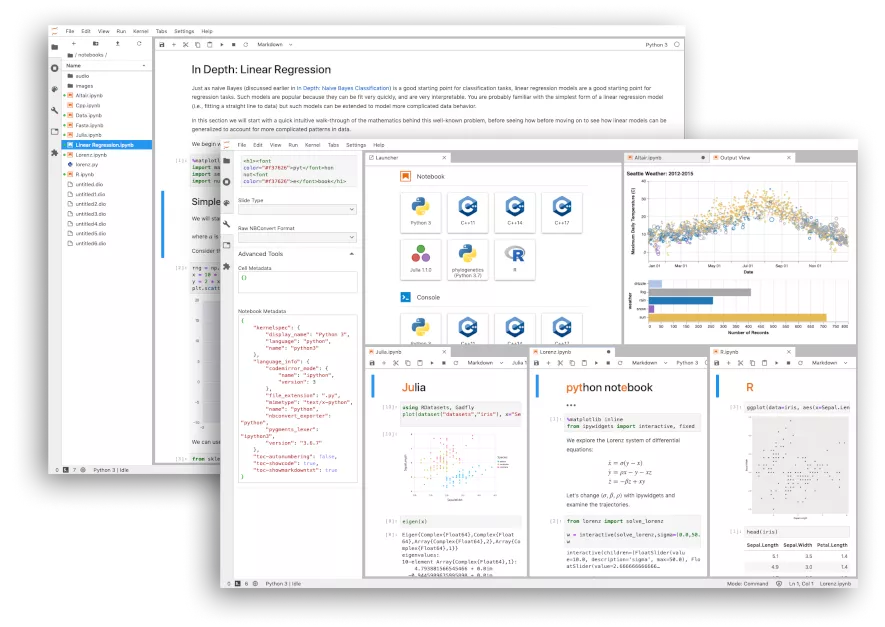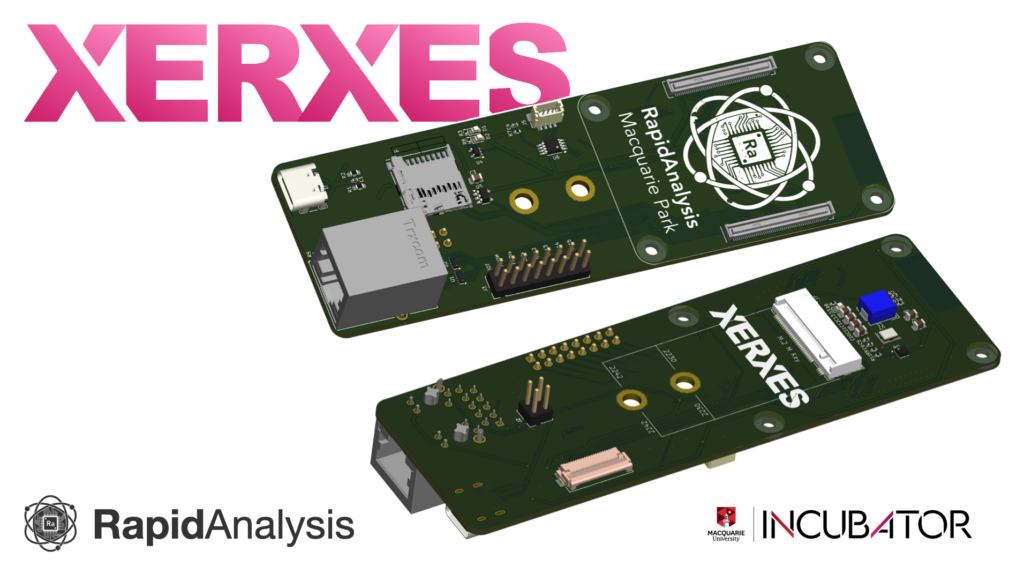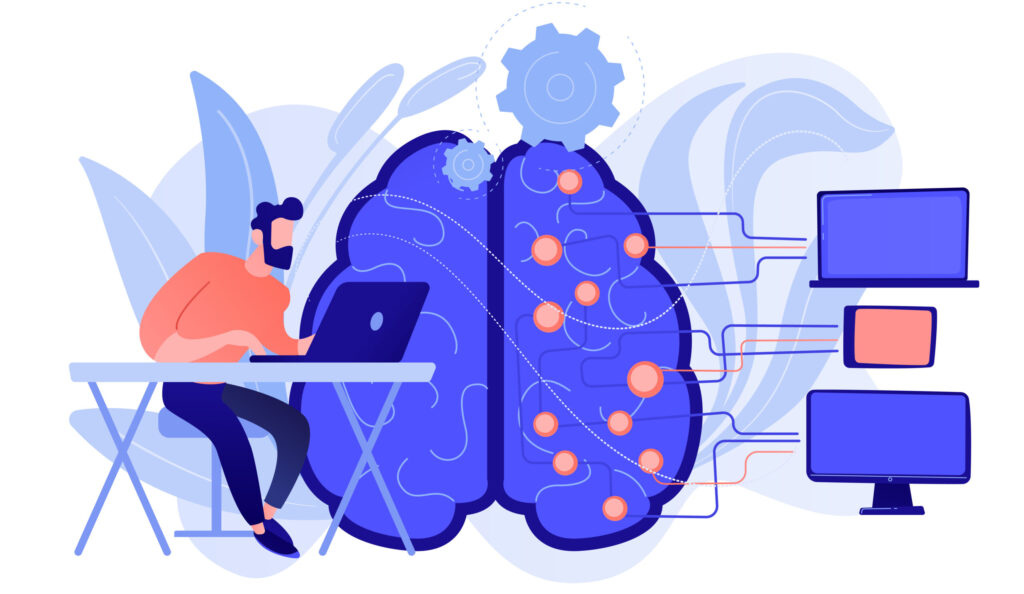We use Jupyter Notebooks and JupyterLab for all our Machine Learning deliverables. Please continue on for a brief overview of how we define Machine Learning at Weburban.

Machine learning is a branch of artificial intelligence (AI) that focuses on the development of algorithms and models that enable computers to learn and make predictions or decisions without being explicitly programmed. It involves designing and implementing systems that can automatically analyse and interpret data, identify patterns, and make informed decisions or predictions based on that data.
check out our write up on AI Concepts for Developers on Medium here!
Instead of being explicitly programmed, machine learning algorithms learn from examples and experiences. They are trained on large amounts of data, and through a process called training, they automatically learn and improve their performance over time. The training involves extracting relevant features from the data and optimising the algorithm’s parameters to make accurate predictions or classifications.
Machine Learning projects can include the development or use of Large Language Models. We have extensive experience in fitting Large Language Models on small devices, such as our Xerxes Pi network computer, as seen on Kickstarter.

Machine learning algorithms can be categorised into different types, such as supervised learning, unsupervised learning, and reinforcement learning. In supervised learning, the algorithm learns from labelled data, where the desired output is known. Unsupervised learning involves finding patterns and structures in unlabelled data. Reinforcement learning deals with training an agent to interact with an environment and learn from feedback in the form of rewards or penalties.

Machine learning has a wide range of applications, including image and speech recognition, natural language processing, recommendation systems, fraud detection, autonomous vehicles, and many others. It has revolutionised various industries by enabling computers to automatically analyse and interpret complex data, leading to improved decision-making, efficiency, and accuracy in many domains.


